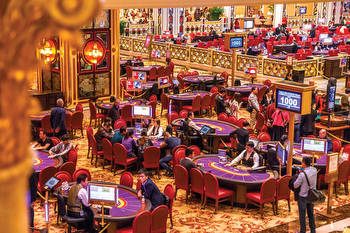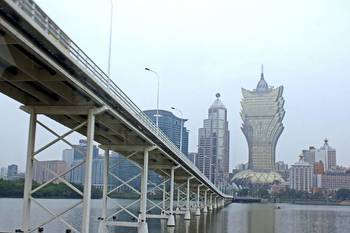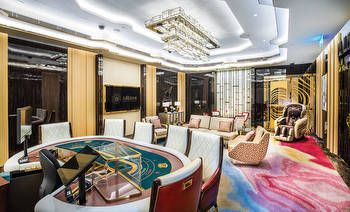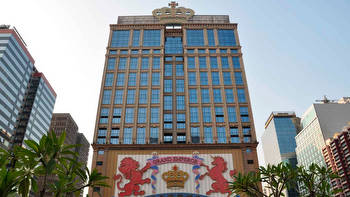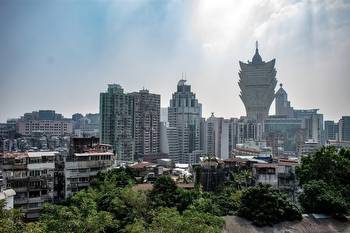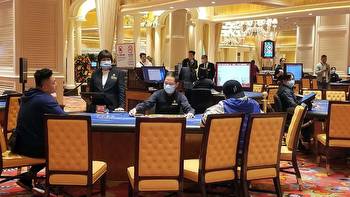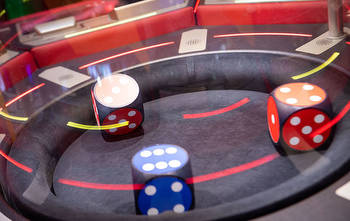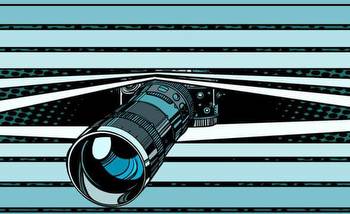Macau residency required for future casino collaborators

As proposed in a current draft law and promoted by the government, it is very likely in the future that all casino intermediaries or junkets will be held by Macau residents.
The Second Standing Committee of the Legislative Assembly continued to meet with government officials yesterday to discuss the amendment bill on the Gaming Law.
Chan Chak Mo, president of the committee, held a post-meeting press briefing, opening with a discussion on the role of collaborators. Collaborators are to assist with the concessionaires’ casino operations, such as providing customer care services. Committee members have raised multiple questions in this respect. For example, collaborators have no legal relationship with concessionaires and can be understood as intermediaries.
Collaborators should compile a list of staff and provide such lists to the concessionaires with whom they collaborate. Concessionaires will then submit the list to the Gaming Supervision and Coordination Bureau (DICJ) for approval.
While processing the application, the DICJ will look into the qualifications of the proposed staff, such as their criminal record and whether they have Macau residency.
The committee president also discussed the concept of joint liability or responsibility, which is proposed within Clause F, Article 48 in the bill. Under this, concessionaires will be held responsible for acts related to the gambling business conducted by their collaborators in their casinos.
Questions were then raised as committee members expressed concerns about the potential for conflicting principles in this regard. Of particular concern was the inability for joint liability or responsibility to exist in the absence of any direct relationship between concessionaires and their collaborators.
In response, government officials emphasized that these concepts do exist in the current law, adding that a new law will be made to clarify these relations.
The government previously informed the committee that they would convert the current Executive Regulation governing gambling collaborators into law, with the aim of completing the conversion by August 15 this year.
Future collaborators, as proposed by the bill, will need to be Macau residents. The necessity of this proposal, according to Chan, is driven by the fact that collaborators are more readily held responsible for transgressions such as tax evasion or violations of workers’ rights.
In addition, the government has not disclosed to the committee whether the proposal concerns permanent or non-permanent Macau residents.
Chan further disclosed that the DICJ has recently begun restricting collaborator rights to Macau residents.
Article 40 of the bill proposes that any unfinished investment in or construction of casinos and related goods such as slot machines will revert to the government in the event that a gambling concessionaire fails to obtain a new casino license. In this case, the construction of the casino should be immediately suspended.
The government promised the committee that it will refine the wording of this Article in order to reflect that fact that only gambling areas or facilities will be affected. Hotels, restaurants, shopping malls, exhibition venues and other non-gambling facilities will not fall within the coverage of this proposal.
Article 47 of the bill concerns the termination of a concession. It proposes that, after listening to the Gaming Committee, the Chief Executive has the right to terminate a concession on six grounds, such as jeopardizing the security of China or of the Macau Special Administrative Region.
The Chief Executive is vested with the power to make this executive decision. However, the concessionaire in question will have the right to file a judicial appeal. The act of filing a judicial appeal will not suspend the executive decision of the Chief Executive.
The reason for this, Chan explained by citing the government officials, is that the duration of each concession is capped at a maximum of 13 years. If the termination decision needs to go through judicial procedures, a termination may not be meaningful when the judgment is available.
But the government did not explain if a concessionaire will be entitled to have its time repaid should it be eventually found innocent by the judiciary.
Chan explained that the criteria for termination are listed in the Bill and are likely to be based on the times and severity of violations.
Article 50 of the Bill proposes that a concessionaire company be dissolved in accordance with the Commercial Code if it fails to obtain a renewed or reissued license. Chan admitted that both committee members and existing concessionaires have strong opinions on this given that they operate a wide range of businesses in addition to gambling.
Chan said the government admitted to the incompatibility of this proposal with existing commercial realities. The government addressed the fact that current concessionaires operate non-gambling businesses such as catering, convention and exhibitions, as well as shopping.
On this, Chan said the government had agreed to refine the proposal. The best case scenario that Chan could envisage was that companies would be to cease casino operations from their charters and continue operating their other businesses.
Chan expects one more meeting will be required to conclude discussions with the government. The committee will then request that the government deliver an updated version of the bill for further discussion.
Five lawmakers who are not members of the committee also attended the meeting yesterday.










